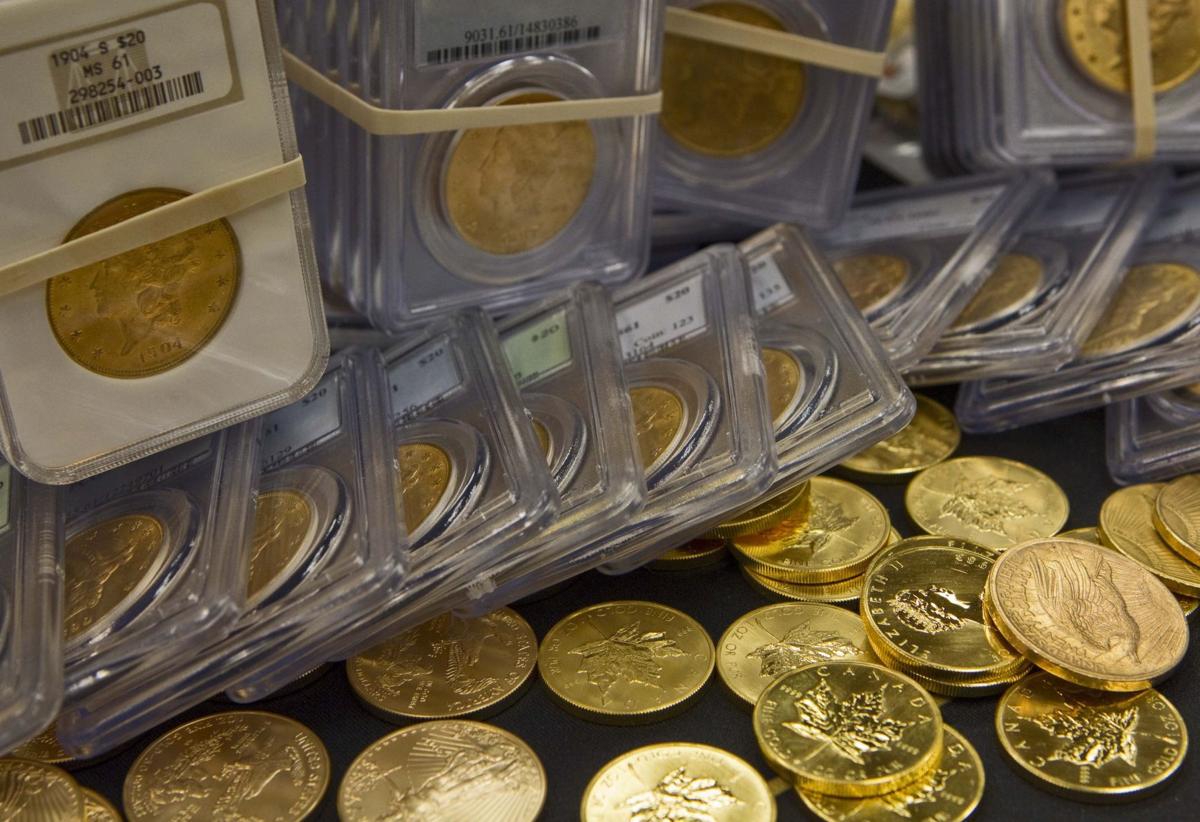Want a way to avoid taxes on your capital gains?
State lawmakers gave final approval to legislation Wednesday providing a way to do that. But it remains unclear whether Gov. Doug Ducey is willing to go along.
Arizona law says if someone invests in something, whether art, collectible cars or commercial real estate, and then sells it for more than the cost, that difference is subject to state income taxes.
What HB 2014 seeks to do is carve out an exception when that investment is in gold and silver coins produced by the U.S. Mint.
But Rep. Mark Finchem, R-Oro Valley, said this isn’t some tax scam.
He said it reflects his belief that the purchase of gold and silver coins with federal reserve notes — those dollar bills now printed by the government — is simply an exchange of one form of currency for another. Finchem said that would be like taxing someone for exchanging two dimes and a nickel for a quarter.
What’s really behind this, though, is a particular political philosophy that those dollar bills are really not worth anything.
“Yes, we still exchange it,” he said. “But we pretend it actually has some value.”
What has real value, Finchem said, are coins with precious metals.
To his way of thinking, if someone buys a $50 1-ounce gold coin, selling Wednesday from the U.S. Mint web site at $1,354.95, and then sells it next year for some higher figure, that person has not experienced a capital gain.
What’s happened, he said, is the value of those government-issued dollar bills has dropped.
Put another way, everyone else who has dollars in their pocket has experienced a loss in the value of their money. It is only the person who bought the gold coins who has stayed even.
And that, he contends, makes it unfair to tax the difference.
Wednesday’s Senate vote — the House had approved it earlier — sends the measure to Ducey.
In 2015, the governor vetoed a similar measure which would have required the state to recognize gold and silver coins as legal currency.
“After reviewing this bill in detail, I do not believe this policy is appropriate at this time,” Ducey wrote in his two-line veto.
Another version was vetoed by the governor last year.
Finchem told Capitol Media Services he believes HB 2014 is sufficiently different, dealing not with the question of what the state recognizes as money but simply with the tax issue.
But the question of providing special tax breaks has always been part of the discussion.
In 2013, then-Gov. Jan Brewer vetoed similar legislation over her concerns that the language might exempt the state from collecting income taxes on such transactions.
“This would result in lost revenue to the state, while giving businesses that buy and sell collectible coins or currency originally authorized by Congress an unfair advantage,” she wrote at the time.





